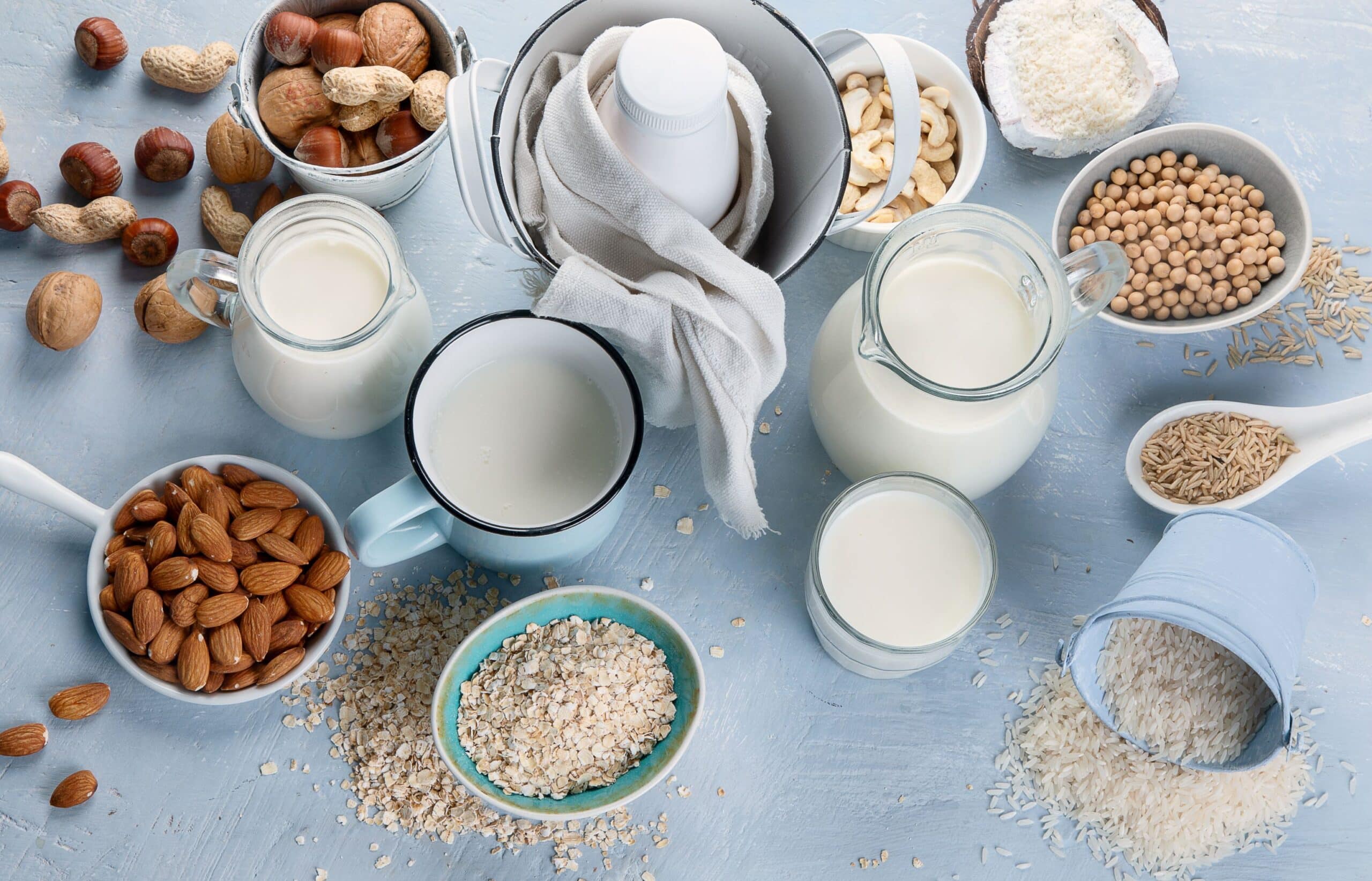BACKGROUND
You’ve heard of Atkins, MED, vegan, Paleo, Keto, and DASH diets over the years but have you heard of the Portfolio Diet? A prior Kahn Center blog did discuss this diet pattern. Now, America’s most influential journal for heart health is exploring the benefits of the portfolio diet.
The diet could lower the risk of heart disease and stroke, according to new research published in the American Heart Association (AHA) journal Circulation.
The plant-based Portfolio dietary pattern includes recognized cholesterol-lowering foods (ie, plant protein, nuts, viscous fiber, phytosterols, and plant monounsaturated fats) shown to improve several cardiovascular diseases (CVD) risk factors in randomized controlled trials. However, there is limited evidence on the role of long-term adherence to the diet and CVD risk.
The primary study objective was to examine the relationship between the Portfolio Diet Score (PDS) and the risk of total CVD, coronary heart disease (CHD), and stroke.
STUDY METHODS
The authors prospectively followed 73,924 women in the Nurses’ Health Study (1984–2016), 92,346 women in the Nurses’ Health Study II (1991–2017), and 43,970 men in the Health Professionals Follow-up Study (1986–2016) without CVD or cancer at baseline.
Diet was assessed using validated food frequency questionnaires at baseline and every 4 years using a PDS that positively ranks plant protein (legumes), nuts and seeds, viscous fiber sources, phytosterols (mg/day), and plant monounsaturated fat sources, and negatively ranks foods high in saturated fat and cholesterol.
STUDY RESULTS
During up to 30 years of follow-up, 16,917 incident CVD cases, including 10,666 CHD cases and 6,473 strokes, were documented.
After adjustment for lifestyle factors comparing the highest with the lowest quintile, participants with a higher PDS had a 14% lower risk of total CVD, CHD, and stroke.
In addition, a 25-percentile higher PDS was associated with a lower risk of total CVD and stroke. In a subset of participants, a higher PDS was associated with a more favorable blood lipid and inflammatory profile.
STUDY CONCLUSIONS
The PDS was associated with a lower risk of CVD, including CHD and stroke, and a more favorable blood lipid and inflammatory profile, in 3 large prospective cohorts.
The portfolio diet is similar to DASH and Mediterranean diets. All three emphasize whole grains, fruits, vegetables, plant-based protein, nuts, and plant oils, according to the AHA. The difference is that the portfolio diet is even more “plant-forward” and discouraging of animal proteins, similar to a vegan or vegetarian diet.
The message is to eat more beans, oats, nuts, seeds, and organic soy products.




